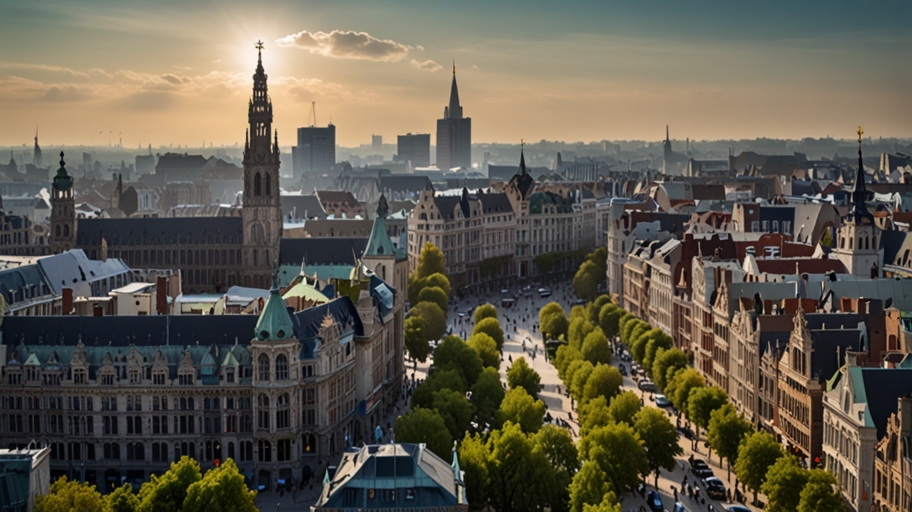Today, climate tech entrepreneurs, investors, and policy makers convened at Norrsken House Brussels for their high-stakes Morning Brief about the European climate innovation prospects.
The invite-only event organized by the European Startup Network unveiled the several startup projects that are turning the tide of the climate crisis and at the same time, empowering Europe’s GDP growth and geopolitics.
The event is organized to be critical and it sees Europe expanding towards green on one side and dealing with the other parts of the globe for the leadership in sustainable technologies.
The attendees mainly focused on the new companies’ key role in creating the new energy, mobility, and sustainable infrastructure models which would be the game-changer of the whole Europe.
The conversation revolved around how to establish innovation and investment, policy frameworks, and the already existing sectors that are in harmony and capable of fostering a vibrant system of climate-compatible technologies.
The presenters highlighted the fact that although big businesses are key players in the change, most of the real game-changing climate solutions are being adopted by small companies with the expertise to change the game faster.
A number of startups told example stories of how they have managed to scale climate technologies in spite of facing difficulties with the market.
A battery storage company from Berlin talked about how they had managed to finance the company even amidst problems with significant contracts from major European utilities, and a carbon capture startup from Sweden shared their transition from the early research days at a university to operating at a commercial scale.
Investors at the event mentioned that the profile of technology in the climate industry changes have increased hardware solutions and deep tech applications in prominence after years of software dominance. They emphasized that one of the major changes people are beginning to notice is that the fight against climate challenges cannot happen without hardware.
Policy experts gave an account of key European climate initiatives presented recently in the move of the European Commission to ease the entry of solar companies into the EU market. They provided information about new funds that are set up specifically for projects that seek to make sure the objectives of the Green Deal will be met.
They also referred to creating new regulations that force enterprises that produce products that have a negative impact on the environment to deal with them and also create new opportunities for new green products.
Opened in the morning, the session was a great opportunity for the participants looking for resources and making their first priority. The participants started a few collaborative, instant projects during the roundtable talk.
Entrepreneurs called the attention of potential corporate customers, and the policymakers got to know the coming technologies that might be regulated in the future through these contacts.
The community members in the forum saw that Europe needs to use its research, engineering talent, and sustainability commitment as the basis for creating the world’s first climate tech companies.
Pointing out that making innovations lab-to-market can’t be quicker due to limited commercialization pathways, many stressed the necessity of developing effective commercialization pathways that will speed up the whole process.
European technological independence was, in a way, superseded by the fact that the priority has been set on decarbonizing heavy-duty sectors first, and it was therefore reiterated that the dual core of climate action and European technological independence would be this year’s main message.
They came to an agreement that establishing a market for the climate change industry in one’s territory, as well as encouraging startups to grow their own within this market, are the ways to go.
Later in the morning, the hosts outlined their plans for the subsequent events, which will make a deep dive into certain technology verticals within climate tech and, therefore, foster continuous collaboration among the community to speed up Europe’s transition to green through innovation
